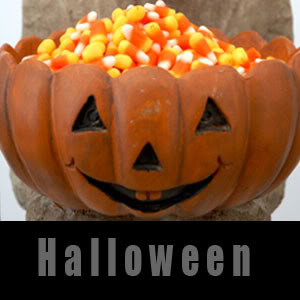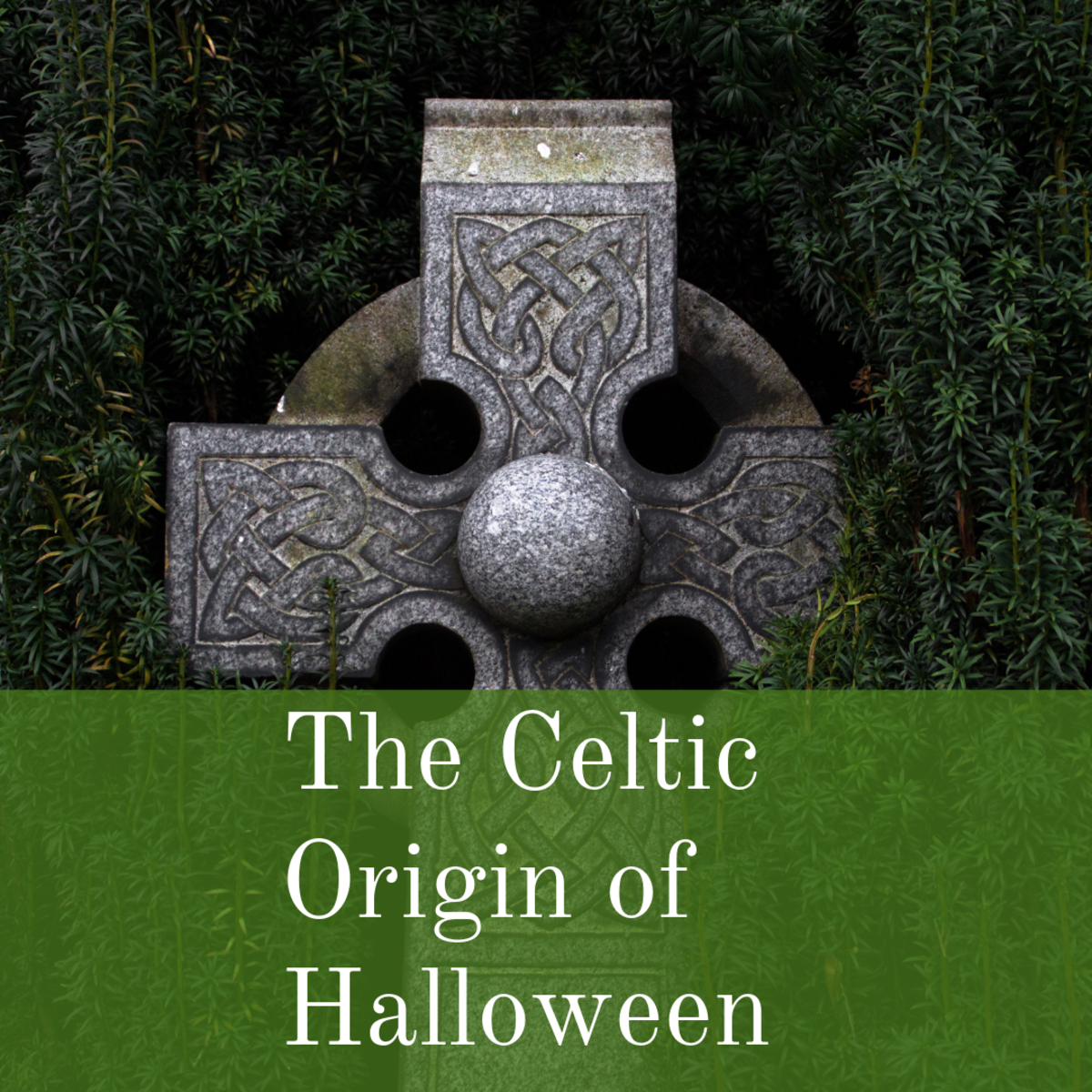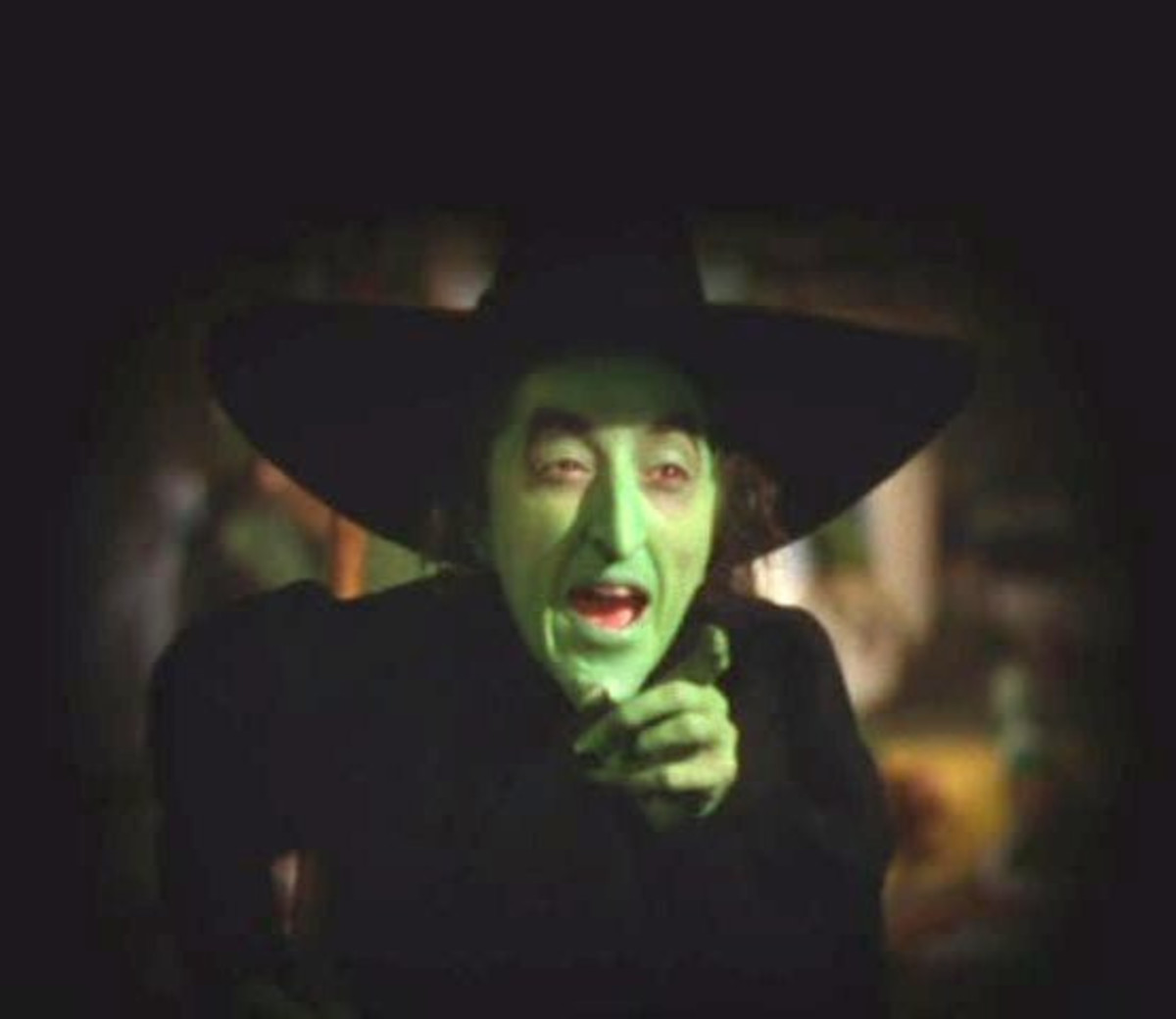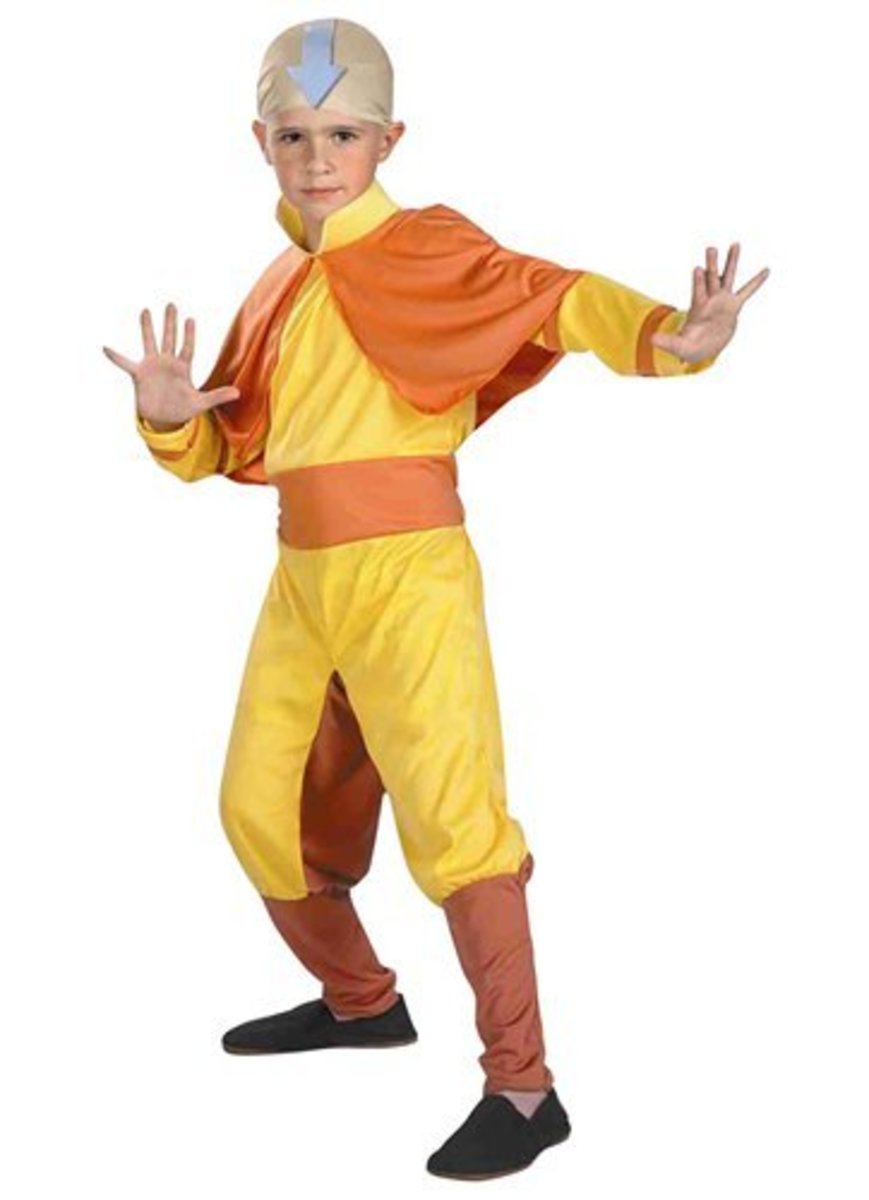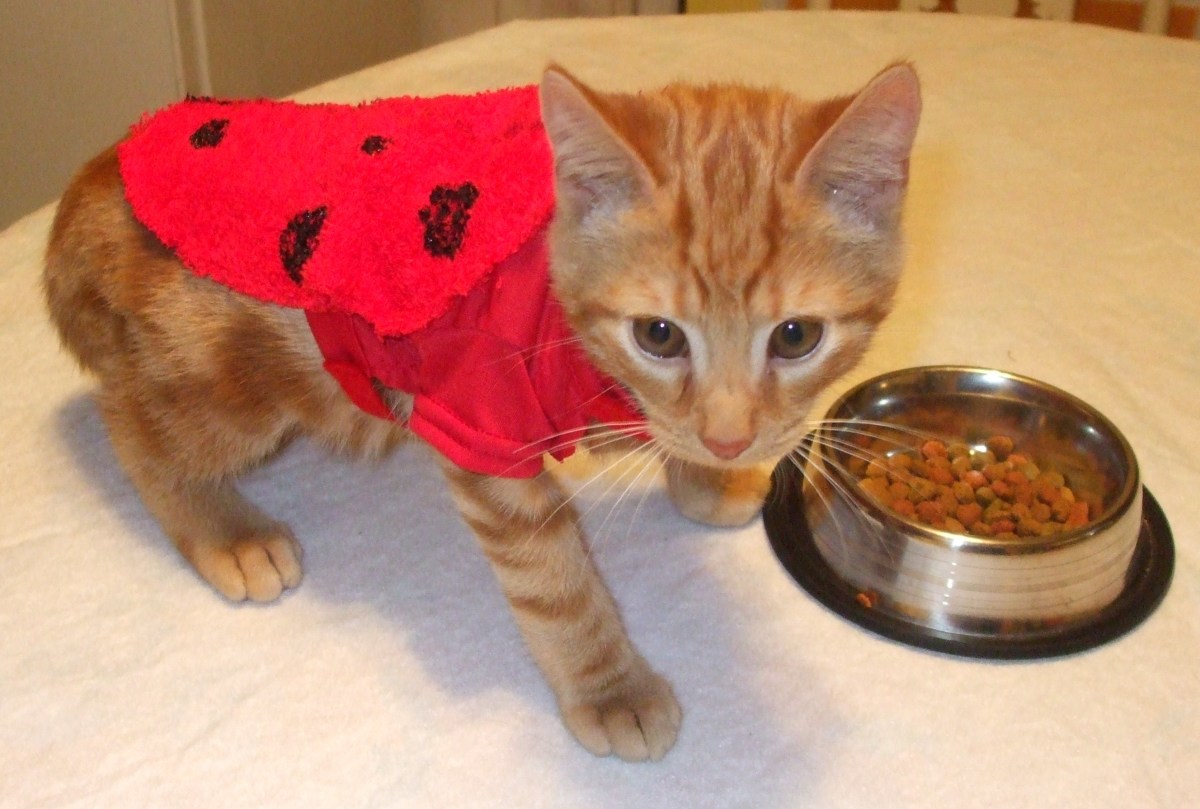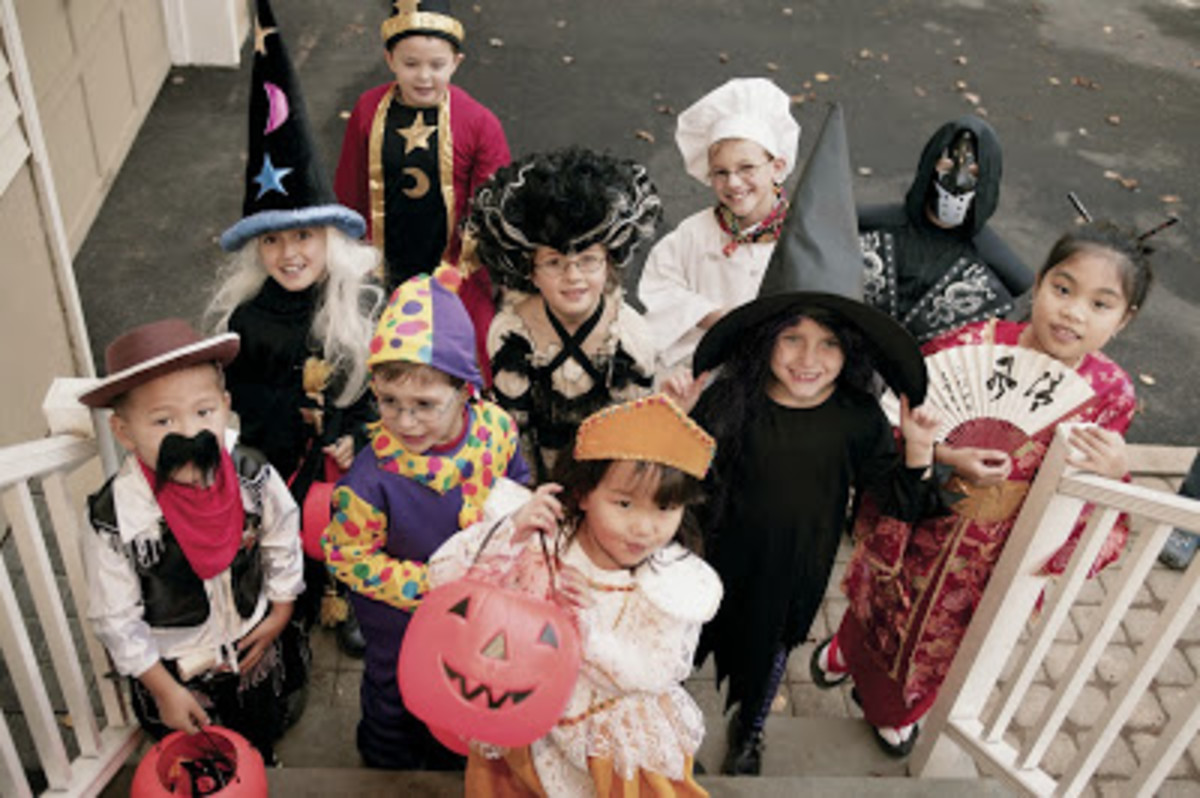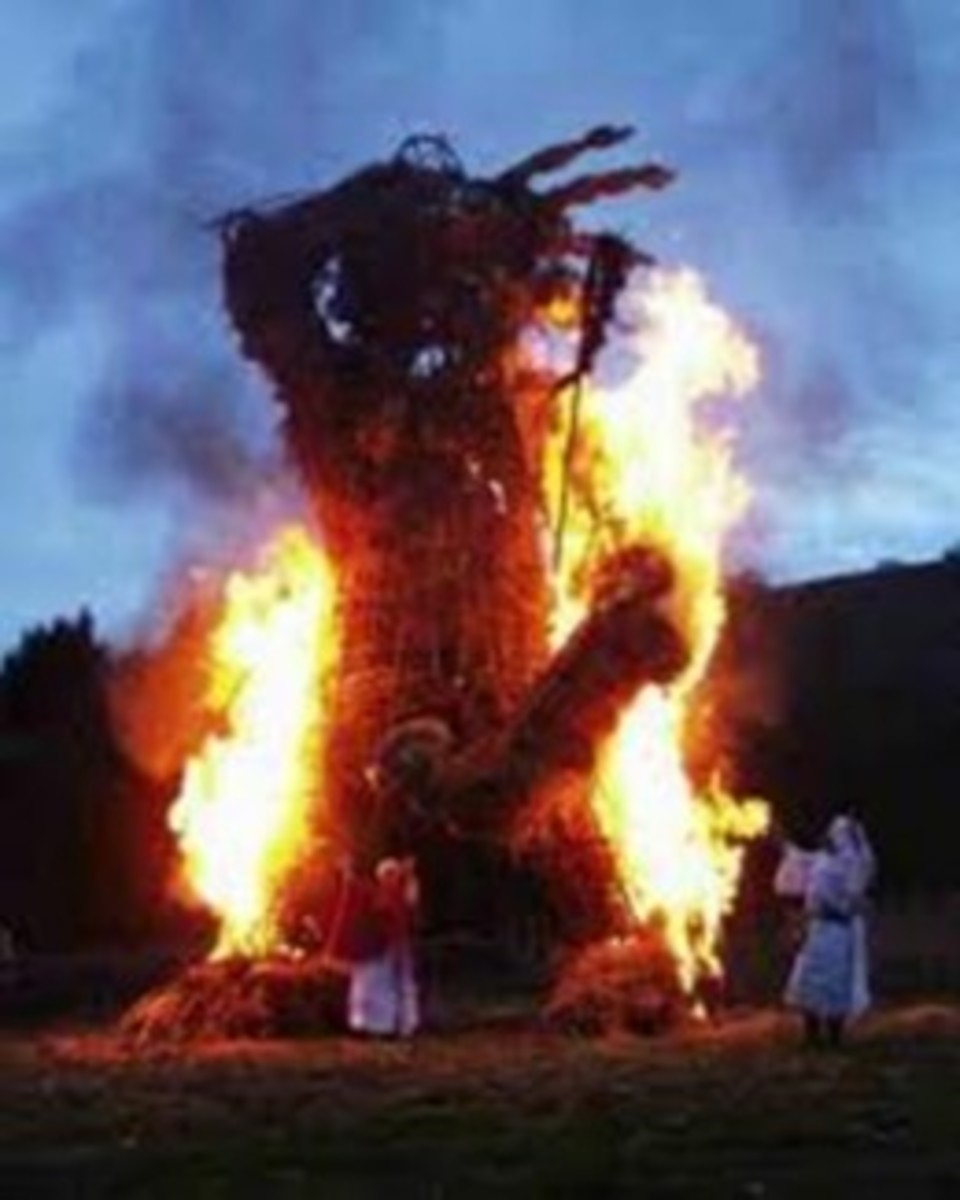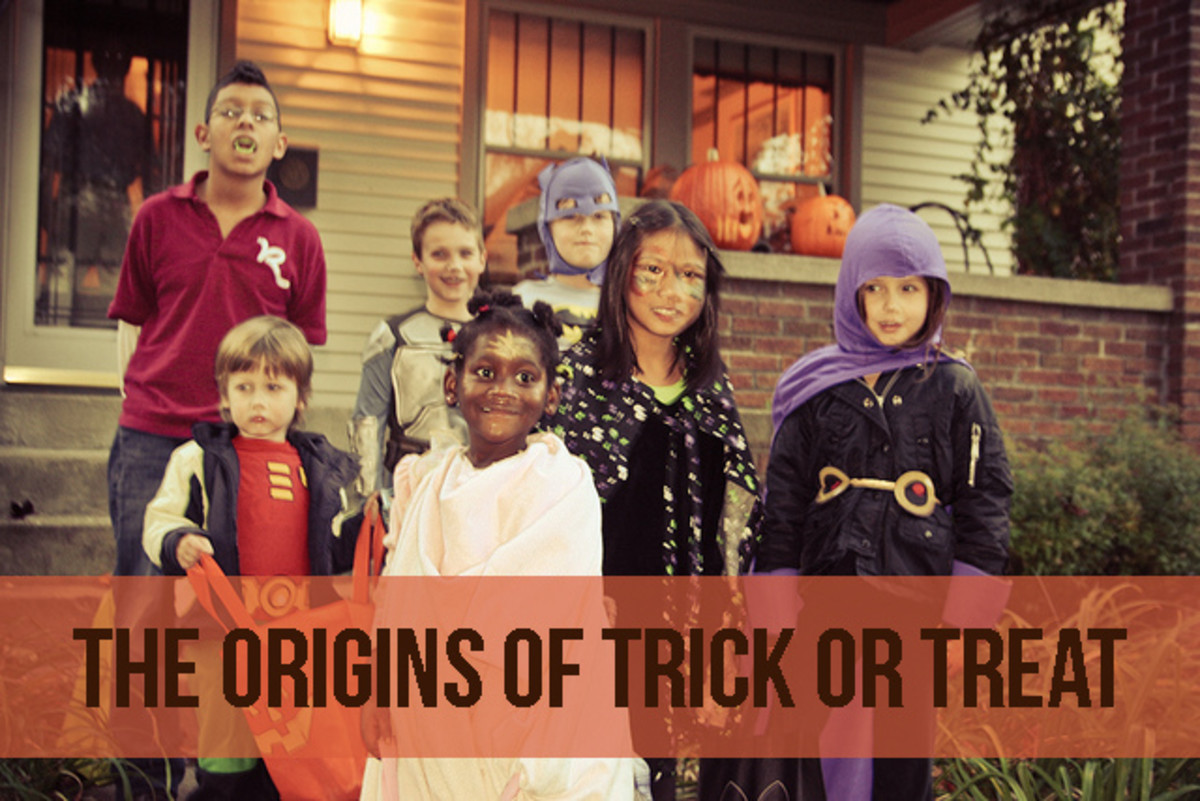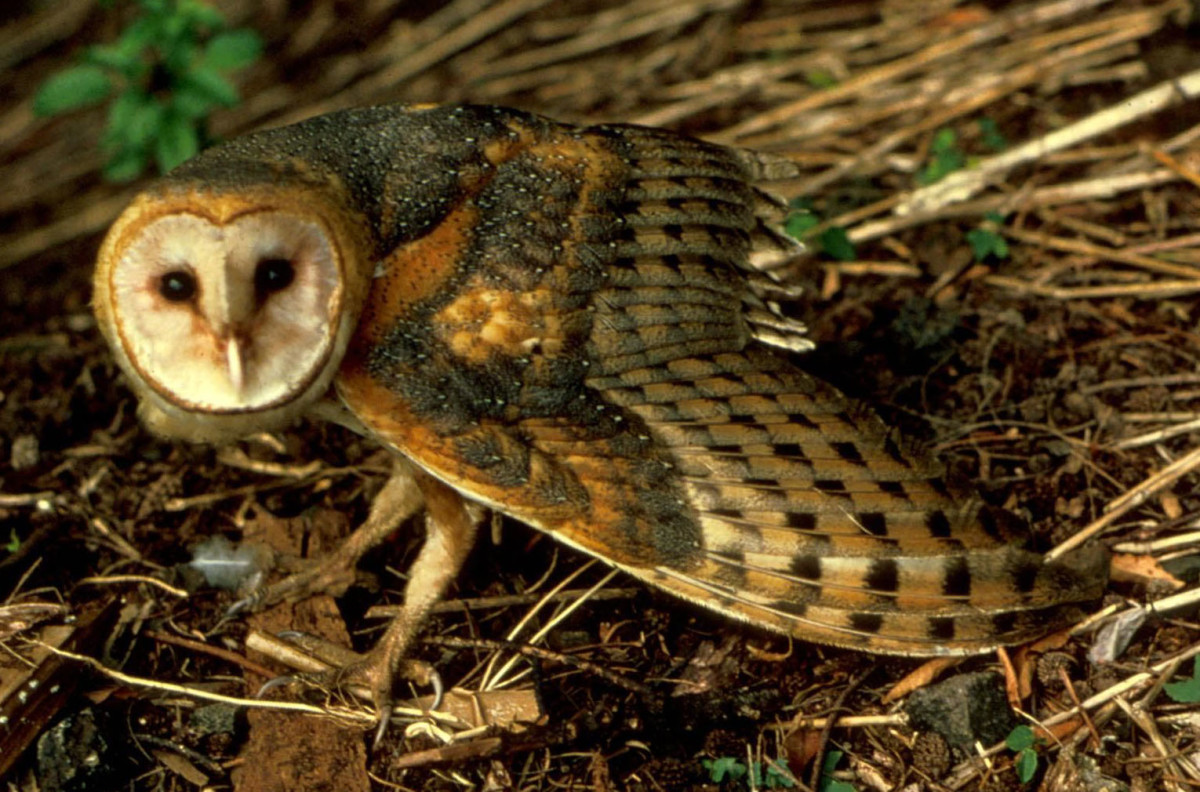All Hallows' Eve
Halloween
Halloween, also known as Allhollween, All Hallows' Eve or All Saints' Eve, was originally believed to have started in the Catholic Church. This day was usually observed on the first day of November . In Celtic Ireland, October 31 marked the end of summer, which was a holiday called samhain at that time. It was rumored by the Celts that during the end of summer the spirits of those who died during the year would possess the living. As a result the villagers adorned themselves in costumes and paraded through the streets in a boisterous hoping to drive the spirits away. This belief is shared throughout many countries in the world.
Jack-o-lanterns
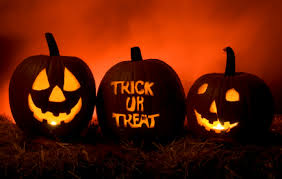
Trick or Treat
During the 19th century people in Ireland lighted candles and prayed for the souls of the dead. Various households participated in feasts, games and rituals which were common at that time. There were also rituals involving bonfires. It was believed that the flames, smoke and ashes provided some sort of protection and cleansing powers. It was also suggested that bonfires were used to ward off witches.
"Trick or treating", as we know it today, originated from a European custom called "souling". This involved people visiting households in costumes, reciting verses and singing songs in exchange for food, namely soul cakes. The more soul cakes received resulted in more prayers being offered on behalf of their dead relatives. It was the belief in those days that after death the soul remained in a state of uncertainty and that prayers would help speed up the soul's journey to heaven.
Soul Cakes

Did you know the history of how Halloween came into being?
Jack-O-Lantern
During the time of All Saints' Eve, jack-o-lanterns or turnips were placed outside of homes. The origin of the jack-o-lantern to date, has no certainty
but there are a few beliefs for the use of this lantern. It was said that "guisers" or those who wore costumes, used it as a guide, to represent Christian souls in purgatory and that it kept harmful spirits out of households. There is a folktale about the lantern, which I think is quite hilarious, it speaks about a thief's soul which was denied access to both heaven and hell. He must have been a dangerous man because neither heaven nor hell accepted him, as such they named a lantern after him according to the folktales.
How did the celebration of Halloween or All Saints' Eve travel to the Western Hemisphere? The custom of Halloween was brought to America around the 18th and 19th centuries by a mass exodus of Irish and Scottish immigrants. It was a common practice for masses to be held in cemeteries and candles lit and placed on the graves of loved ones during Halloween. Gradually the concept of Halloween was celebrated and integrated into various communities to people of different races and religious beliefs throughout America.
